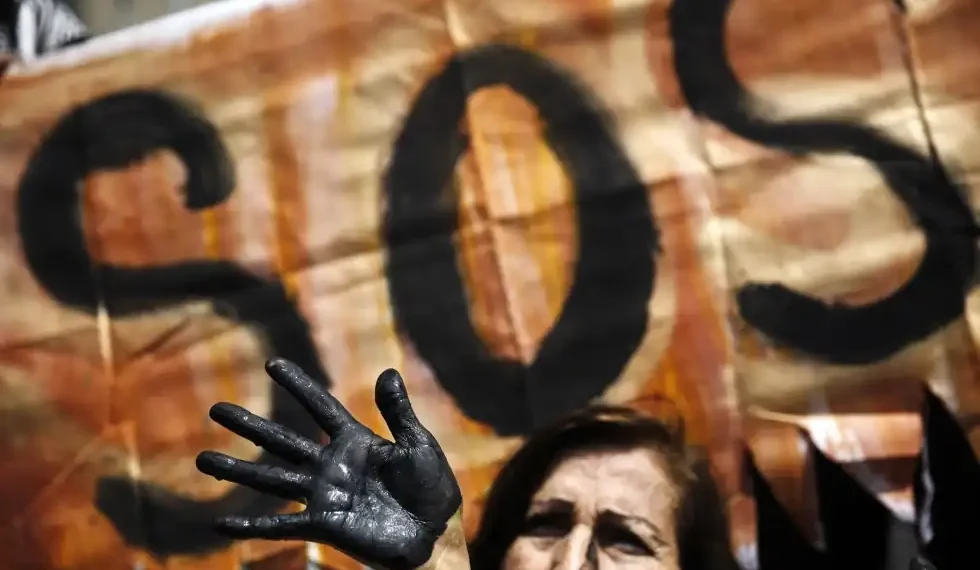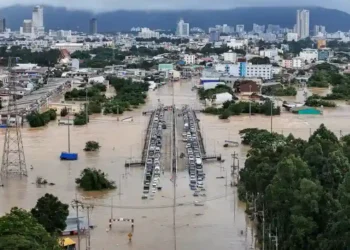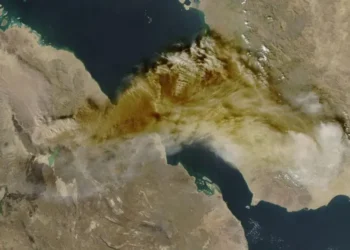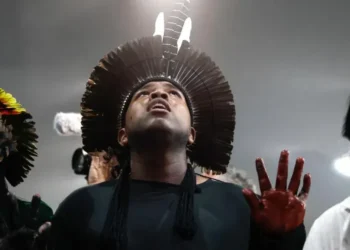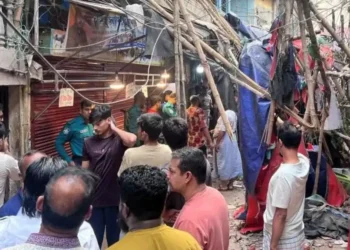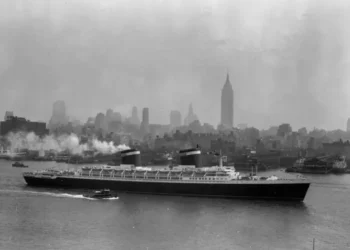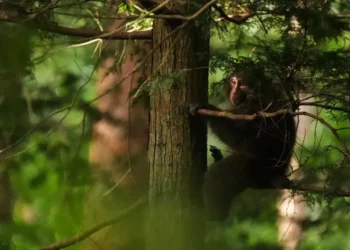Amazonian Communities Celebrate as Oil Drilling Plan on Ancestral Land Stalls in Peru
Indigenous communities in Peru are breathing a sigh of relief after a major setback for oil drilling plans on their ancestral land. Peru’s state-run oil company, Petroperu, failed to attract any bids to develop an oil field known as Block 64—territory that overlaps with the homelands of the Achuar, Wampis, and Chapra nations.
The failed tender on Thursday marks a significant blow to Petroperu’s ambitions to expand oil production in the Amazon region, sparking celebrations among Indigenous groups and environmental advocates.
“This is great news amid so many hardships we’ve endured. It’s a relief, but we remain vigilant,” said Olivia Bisa Tirko, president of the Chapra Nation’s autonomous government in Loreto, Peru, in a phone interview with The Associated Press.
Petroperu, however, claims the last-minute withdrawal of interested companies was due to internal strategic shifts rather than pressure from Indigenous opposition. The company insists that local communities support oil development and have granted the necessary social license for the project to proceed without conflict.
Since 1995, Indigenous groups have consistently opposed oil projects in the area, blocking numerous companies over environmental concerns and violations of their rights. Petroperu took control of Block 64 in 2022, despite ongoing resistance.
“It’s been a fight ever since the government granted the concession without consulting us,” said Bisa Tirko. “For over 25 years, we’ve fought to protect our right to live in a healthy and balanced environment.”
This outcome highlights the growing legal, environmental, and reputational challenges deterring investors from pursuing oil development in the Amazon.
Andrew Miller, advocacy director at Amazon Watch, an organization dedicated to protecting the rainforest, explained that strong Indigenous resistance has repeatedly stopped multinational oil companies from developing Block 64.
“Communities near other oil blocks have suffered poisoned water, social division, and poverty,” Miller said. “Every day the oil doesn’t flow is a day they can continue living off their rivers as they always have.”
Despite tens of millions of dollars invested by companies over the years, none have profited from attempts to develop the area. Miller describes Block 64 as a “financial dead end” for the oil industry, though he expects the Peruvian government to keep pushing for development.
“Local communities and their allies will stay alert to this ‘zombie project’ — it’s been killed many times but keeps trying to come back,” he added.
For now, the Indigenous peoples of Peru’s Amazon celebrate a hard-won victory in their ongoing battle to protect their ancestral lands and environment from the costly impacts of oil drilling.
This article was rewritten by JournosNews.com based on verified reporting from trusted sources. The content has been independently reviewed, fact-checked, and edited for accuracy, neutrality, tone, and global readability in accordance with Google News and AdSense standards.
All opinions, quotes, or statements from contributors, experts, or sourced organizations do not necessarily reflect the views of JournosNews.com. JournosNews.com maintains full editorial independence from any external funders, sponsors, or organizations.
Stay informed with JournosNews.com — your trusted source for verified global reporting and in-depth analysis. Follow us on Google News, BlueSky, and X for real-time updates.
